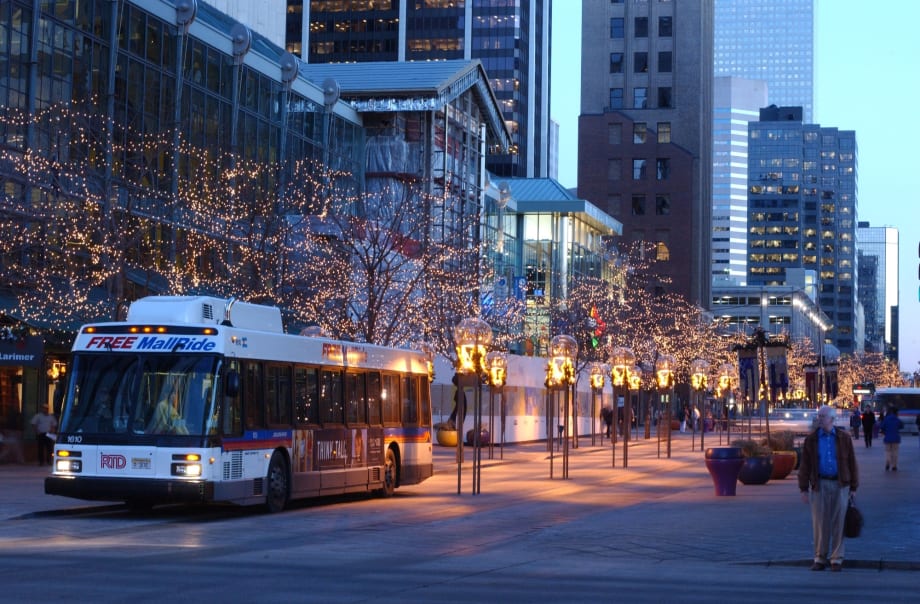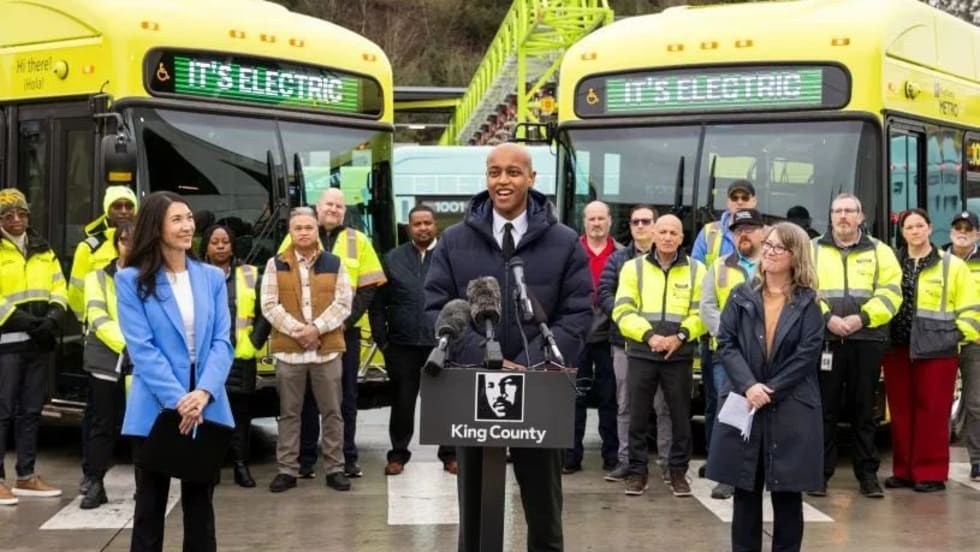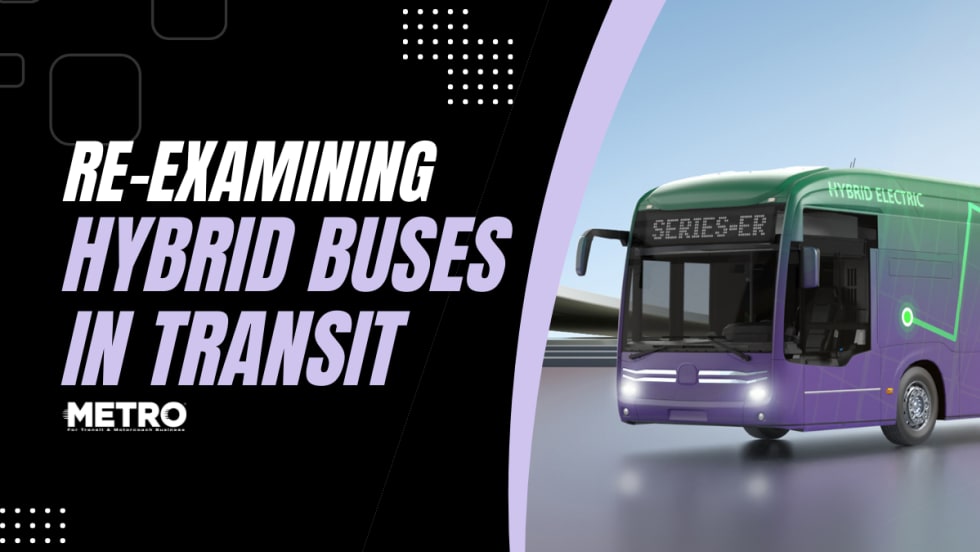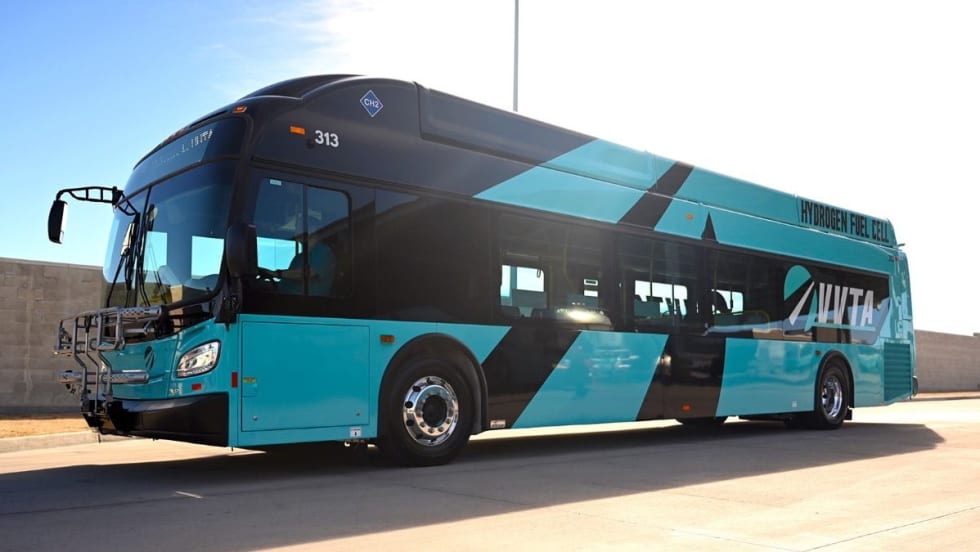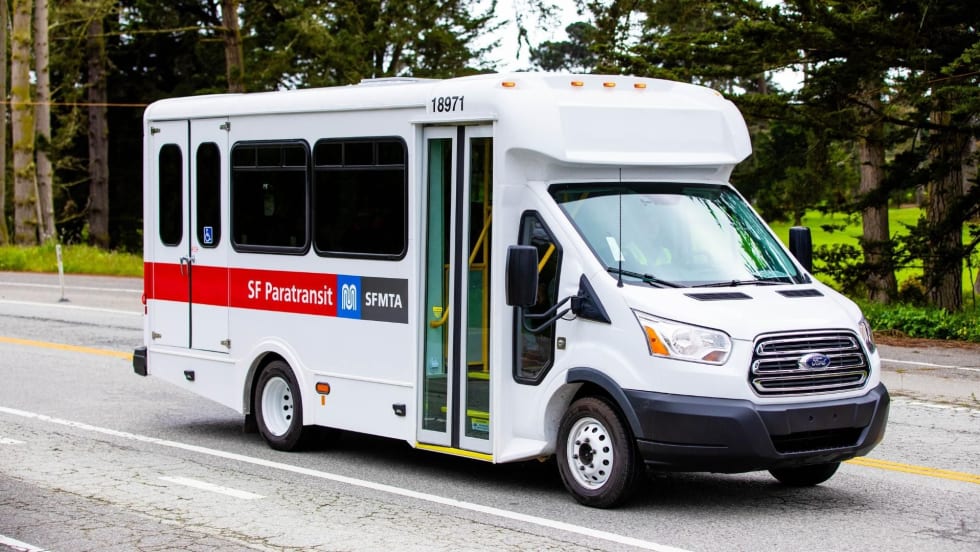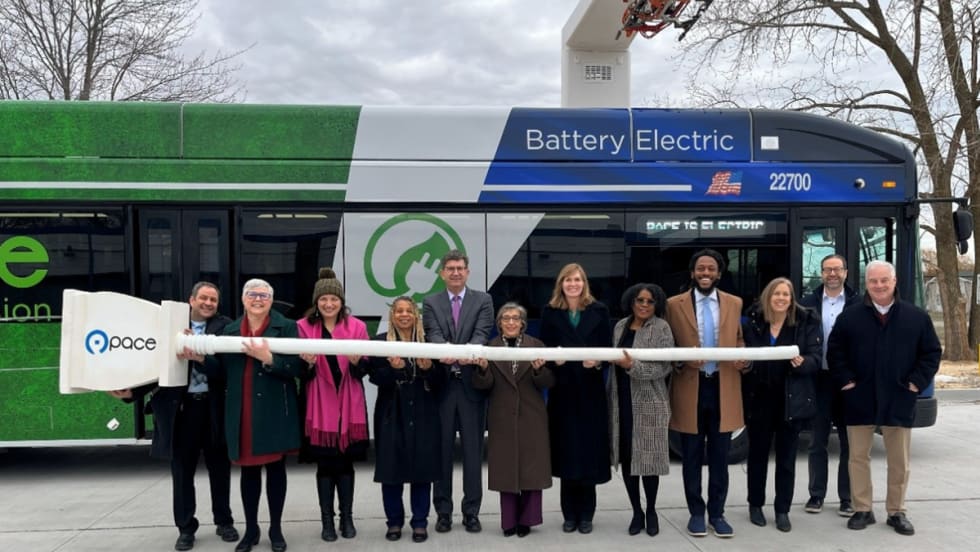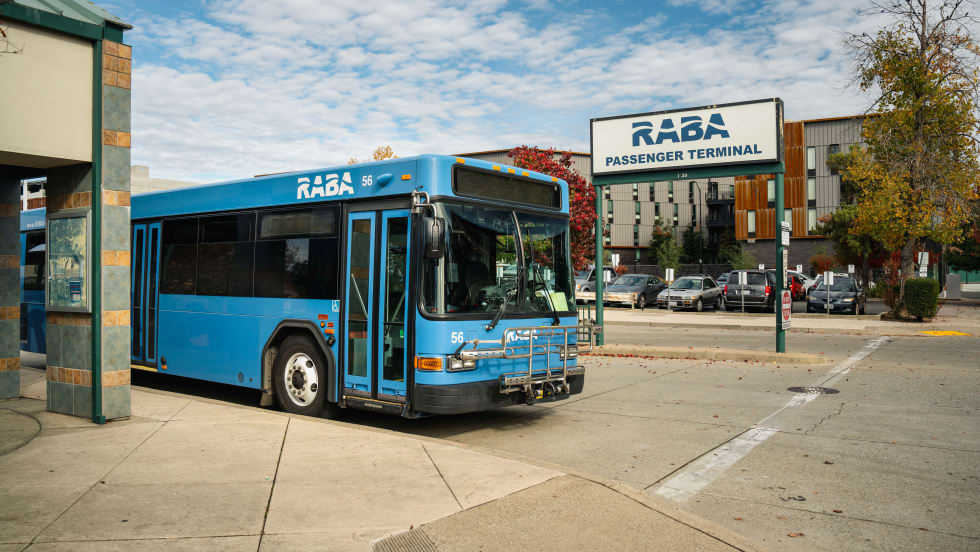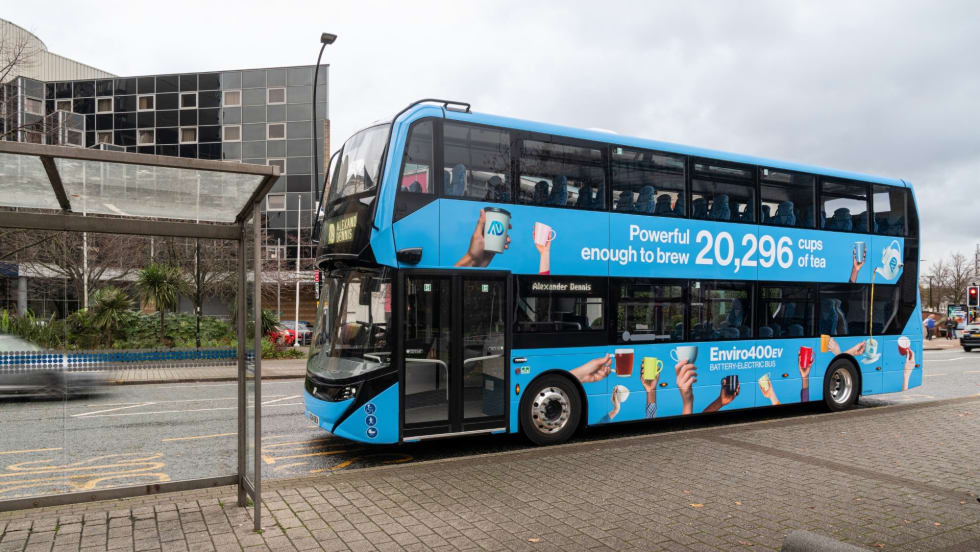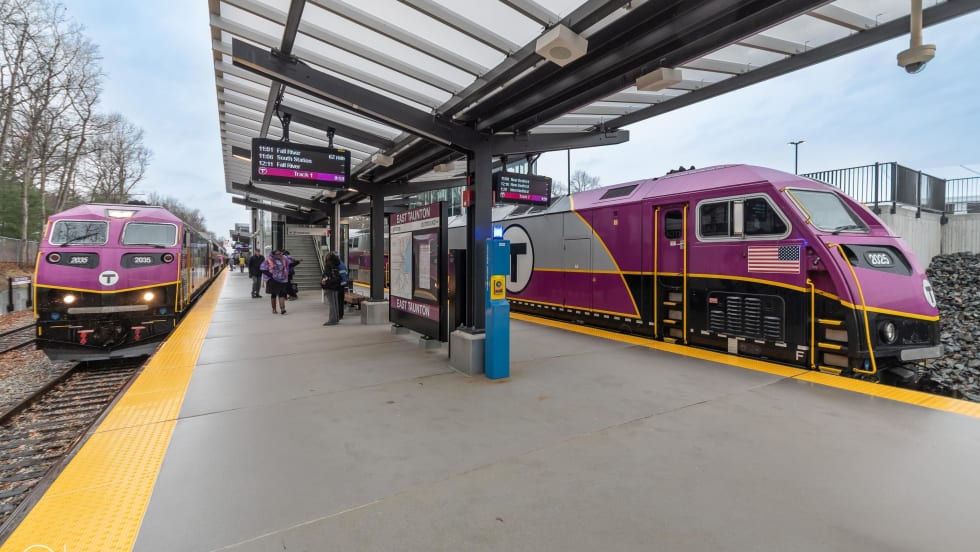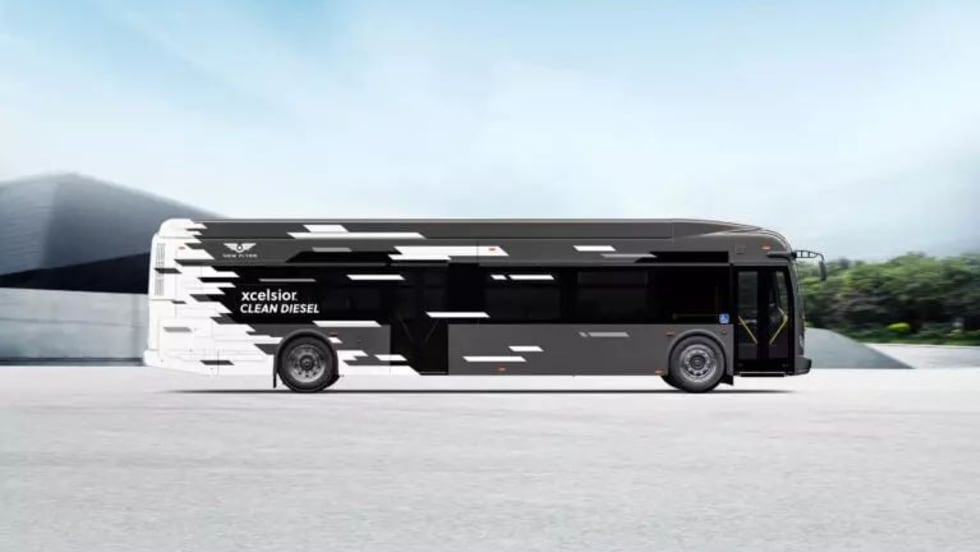Denver’s Regional Transportation District (RTD) entered into a contract with WSP USA to evaluate the feasibility of transitioning the District’s facilities and fixed-route fleet to low/no-emission operations.
The holistic plan, which is expected to be finalized in late 2024, will outline recommendations for facilities, fixed-route services by fleet type, a replacement schedule, and overall cost projections and proposed timelines.
“RTD remains focused on transitioning to a sustainable energy future,” said Debra A. Johnson, RTD GM/CEO. “The first step in that transition is to understand and consider all aspects of RTD’s system, including its facilities, infrastructure, and transit service delivery model. This plan will guide RTD’s future decisions as the agency transitions to low/no emissions.”
The Road to Selecting WSP
In April, the RTD board authorized the Johnson to enter into a contract for consulting services to develop a holistic Low/No Emission Facilities and Fleet Transition Plan. The agency subsequently released a solicitation on May 23 to select a consultant to lead the planning process.
Now, RTD announced that WSP USA had been selected from among five qualified firms that submitted proposals. WSP’s subject-matter expertise in this area will ensure RTD’s transition plan is not only comprehensive, but also specific to the agency’s needs and operating environment, and it aligns with the federal Bipartisan Infrastructure Law.
WSP USA will immediately begin work on developing the transition plan. In conducting their work, WSP has committed to a 25% disadvantaged business enterprise participation goal, which further aligns with the agency’s commitment to the Strategic Priority of Community Value. The anticipated timeline for completing the full plan is the fourth quarter of 2024.
“This is a monumental and necessary step forward for RTD and the entire Denver metro region,” Johnson said. “RTD is not only planning for tomorrow, but for the tomorrows to come.”
What’s Next?
RTD’s first steps toward a low/no-emission bus fleet transition was taken in 2000 with the deployment of hybrid-electric buses using compressed natural gas along the 16th Street Mall.
In 2008, a subfleet of hybrid diesel-electric fixed-route buses was introduced to the system. Eventually, all previously used MallRide buses were replaced in 2017 by a fleet of 36 zero-emission battery electric buses.
The agency has garnered operational knowledge through the deployment and maintenance of its low- and no-emission vehicles. This knowledge gained over the past two decades will support the development and eventual implementation of the comprehensive transition plan.




